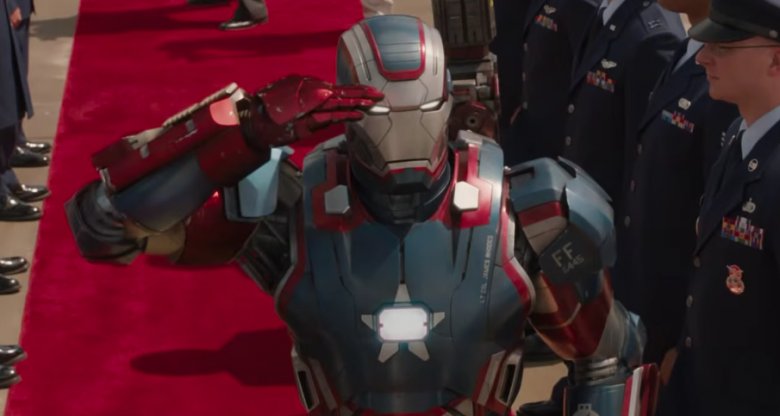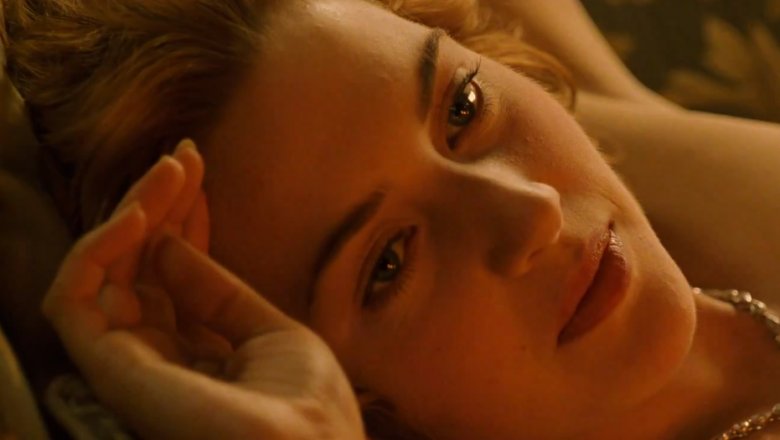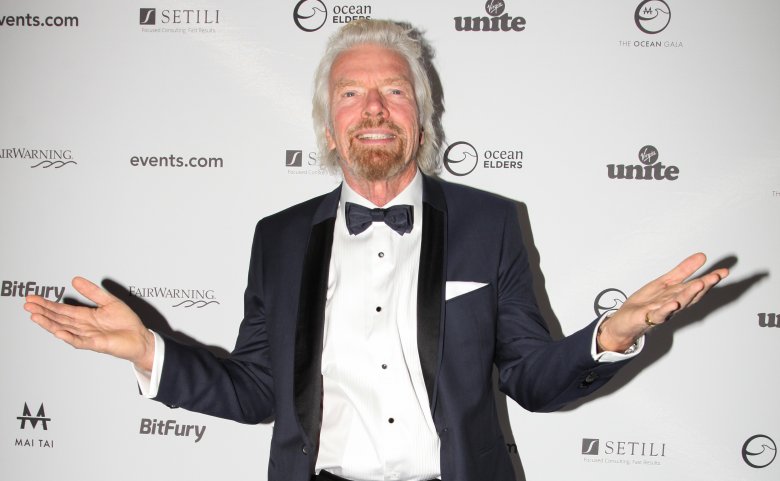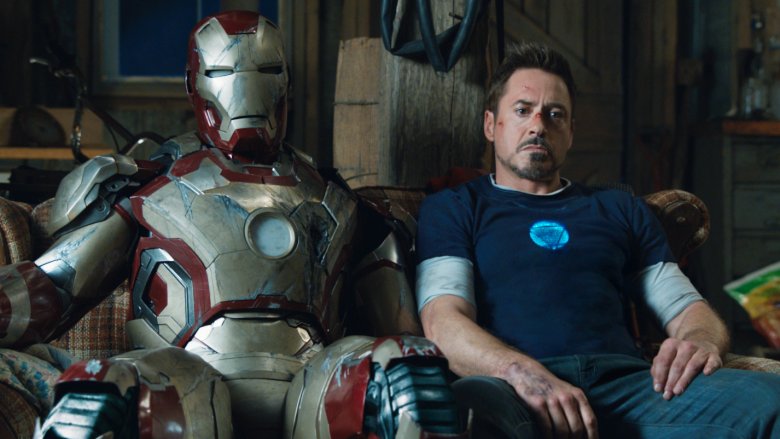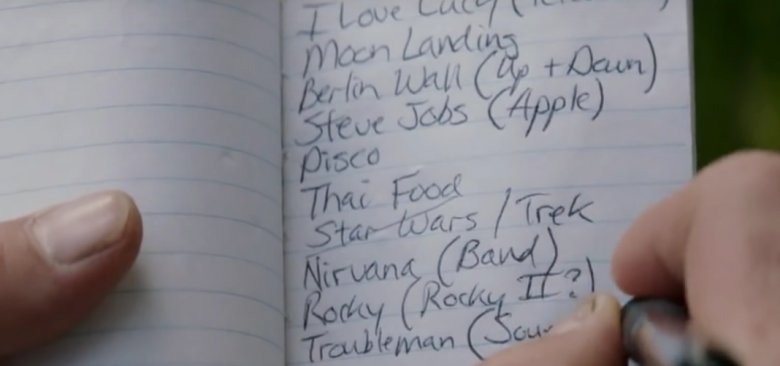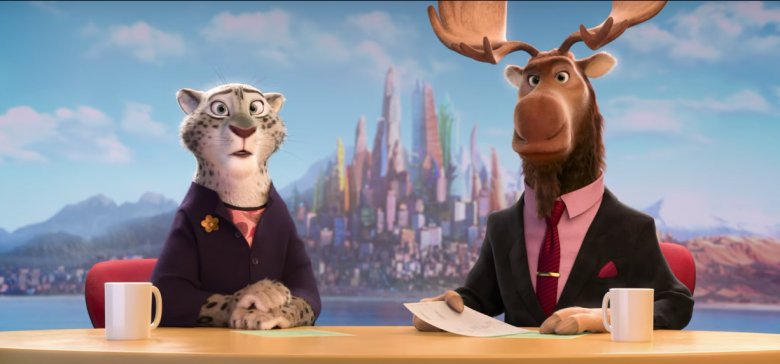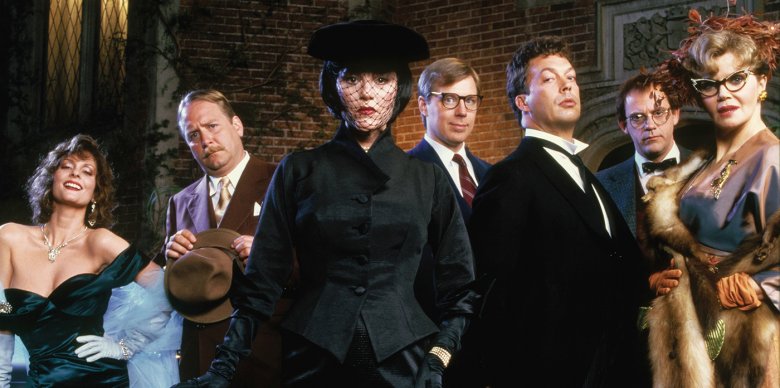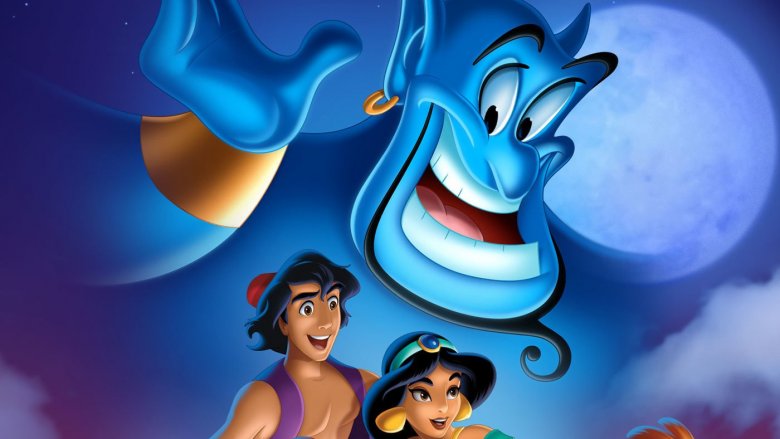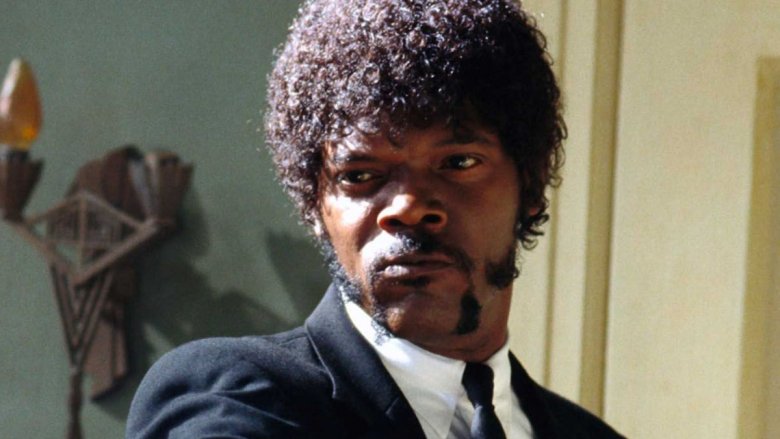Versions Of Favorite Films You've Never Seen
Film is arguably the last common cultural language—largely because when a film is a big hit, the experience of watching it is shared by audiences around the world. That doesn't necessarily mean, however, that everyone who shows up to theaters sees the same version of a movie. Whether it's because of edits made for international markets, post-release tinkering, or simply good old-fashioned gimmickry, audiences saw different versions of these films.
Titanic
There are arguably two contenders for the title of most memorable scene in Titanic: the bit where a guy falling into the icy depths hits the propeller on his way down, and that part where Kate Winslet lies naked on a chaise lounge as Leonardo DiCaprio sketches her. For Chinese audiences, however, the latter scene wasn't present in the version they got to see.
When the film was converted to 3D for re-release, several cuts were made to the version sent to China. One of the most notable was the removal of Kate Winslet's nude scene.
Chinese censors defended the cut by claiming they were worried that Chinese moviegoers unfamiliar with 3D would "reach out their hands for a touch and thus interrupt other people's viewing," which conjures the unforgettable image of Chinese citizens pawing at the air to try and cop a feel, only to accidentally grab the head of the person sitting in front of them.
Casino Royale
While filming Casino Royale, producers approached British Airways about the possibility of borrowing one of their planes for a couple shots. Apparently negotiations faltered late in production, and out of frustration producers instead asked British Airway's rival, Virgin Atlantic, to provide a plane on short notice—which they did, free of charge. As a thank you, Virgin's CEO Richard Branson was given a brief cameo.
This irked British Airways who, after acquiring the rights to air the film on their flights, hastily set about removing Branson's cameo and any scenes involving Virgin planes. Problem was, planes sporting Virgin's distinctive livery were present in scenes necessary to the plot, prompting British Airways' in-flight entertainment team to resort to digitally painting over the Virgin branding in scenes they couldn't cut for continuity reasons.
When asked why they were acting like spiteful children, British Airways rather lamely pointed out that it's standard procedure to edit films "to ensure they contain no material that might upset our customers."
Demolition Man
Demolition Man is a sci-fi high concept action movie about Sylvester Stallone punching Wesley Snipes to death in a horrifying dystopian future where Taco Bell is the only restaurant chain. Taco Bell infamously plays an almost integral part in the film's plot, to the point that there's an entire scene set inside the restaurant, and another in which homeless people stage a small-scale riot to raid a Taco Bell delivery truck for food.
Taco Bell's prominence in the film caused a problem when the film was being sold to markets where the chain didn't exist yet, such as the UK, since it wasn't like foreign markets could just cut out any mentions of it. Instead they did something much more hilarious, crudely CGI-ing the Pizza Hut logo on top of Taco Bell's.,Foreign censors also dubbed over Stallone and anyone else who said "Taco Bell" out loud.
Iron Man 3
Some of the most profitable films in recent memory owe their success to being a hit with Chinese audiences. Transformers 4, for example, became one of the highest-grossing films of all time thanks almost entirely to Chinese moviegoers.
However, China only allows a set number of western films to air in Chinese cinemas each year, in order to promote the burgeoning Chinese movie industry. As a result, some films pander to Chinese censors by shoehorning Chinese products, actors, and even China itself into the plot. One of the most egregious examples is Iron Man 3.
The Chinese version of the film contains about four minutes of additional scenes, all set in China, and an awkward cameo from Chinese actor Wang Xueqi. Xueqi plays Dr. Wu who, in the Chinese version, has Iron Man's personal cell phone number and calls to tell him he doesn't have to remove the shrapnel from his chest alone because "China can help."
The film also features a gratuitous brand shot of a Chinese milk drink, another awkward cameo from Chinese actress Fan Bingbing, and a scene in which Xueqi explains that Chinese doctors are just the best. The scenes were widely panned by Chinese critics, one of whom summed up the pointlessness of their inclusion by pointing out "No one comes to China for medical care."
Captain America
In Captain America: The Winter Soldier, the star-spangled hero has a to-do list of all the popular media he needs to catch up on from the 20th century. It plays a minor part in the film's overarching plot, but for the most part, it's just an Easter egg for eagle eyed fans.
For example, according to Captain America's list, he needs to research Ji-Sung Park, Daft Punk, and the singer Shakira—or at least he does in the Korean, French, and Mexican versions of the film. While some entries remain consistent, like the band Nirvana or the Rocky films, in most foreign markets the list contains one or two pieces of media or history relevant to that region.
For example, in South Korea Cap wants to check out the video game Dance, Dance Revolution, whereas in the UK, he wants to binge-watch Sherlock. In Russia, on the other hand, he's all about Yuri Gagarin and the dissolution of the Soviet Union—which probably should have been something he looked up in the American version too, considering he was frozen in the midst of World War II.
Zootopia and Inside Out
Disney and Pixar love filling their films with blink-and-you'll-miss-them Easter eggs and inside jokes. The studios are also keenly aware of international audiences, and have made small but nonetheless notable changes to cater to specific regions.
Disney's 2016 hit Zootopia, for example, changes the news anchors who briefly appear midway through the movie. The anchor working opposite the female leopard is an animal normally associated with whatever region the film is airing in, so in the American and Canadian versions it's a friendly moose, whereas in China it's a panda, and in Australia, a small koala.
As for Pixar, international versions of Inside Out feature a couple of changes. One of the more subtle is the food being fed to an uncooperative child who doesn't want to eat their greens. In most versions, the child is shown refusing to eat broccoli; in Japan, however, it's replaced with a bell pepper. The father in the film, meanwhile, daydreams about soccer instead of hockey in most international versions since the sport is more popular globally.
Clue
Based on the popular board game of the same name, 1985's Clue wasn't a major box office success, but it's become something of a cult favorite over the years on home video. Sadly for audiences who didn't catch it in theaters, they missed the full experience that made the movie most noteworthy: three different endings.
True to the source material, which is all about figuring out who offed the game's murder victim, the film was intentionally written so any one of three endings could be shown and it'd still make sense.
Theaters were sent one of the different versions of the film, each with a different ending revealing a different killer. More a gimmick than anything, this was mostly done in the hopes it'd encourage repeat viewings of the film while offering a playful nod to the original game. Things didn't exactly go as planned, box office-wise, but it's pretty impressive that a film even tried to do this—let alone got a studio to sign off on it.
Star Wars
The Star Wars series is infamous for the numerous edits, changes and additions it's undergone over the years through re-releases and special editions. Creator George Lucas made a number of occasionally baffling changes, and audiences who caught those movies the first time around watched versions it's now impossible for fans to obtain or see today. (Well, not legally, anyway.)
In fact, Lucas was so dissatisfied with his original cuts that he made changes to the movies while they were still in theaters—two versions of Empire Strikes Back were sent out, one on 35mm film and another on 70mm, shown almost exclusively in the States, that featured numerous tweaks to the dialogue and sound. Even audiences who saw Empire Strikes Back at the same time still potentially saw subtly different versions without ever realizing it. It's no surprise that Star Wars fans have a reputation for being excessively detail-obsessed.
Aladdin
Aladdin is best remembered for Robin Williams' portrayal of the genie, but the soundtrack also boasts some pretty memorable songs. Many fans don't realize, however, that one song underwent a notable change after the movie arrived in theaters.
In its original form, the film's "Arabian Nights" number included the line "Where they cut off your ear If they don't like your face." This understandably annoyed Arab Americans, whose complaints prompted Disney to quietly change the line for the VHS release a year later. As a result, every kid who watched the movie in theaters saw a different version than the one we've seen ever since.
Pulp Fiction
Pulp Fiction's non-linear narrative is part of its appeal, but it's understandably a little confusing for some viewers the first time around, and in the years since its release, some fans have put together edited versions that play in chronological order—which definitely makes for a different viewing experience.
There were a number of theaters in Lebanon, in fact, that originally aired the movie in chronological order. According to legend, the film's European distribution company assumed that the film reels they'd been sent had been mixed up by mistake, and helpfully re-arranged the cut, leaving blissfully ignorant local audiences to watch a linear edit of a movie famous for its non-linear narrative. This presents one of two possible scenarios: either Tarantino is such a skilled filmmaker that he created a film you can enjoy in any order, or every theater in the world got a mixed-up film reel, and only the ones in Lebanon noticed.
